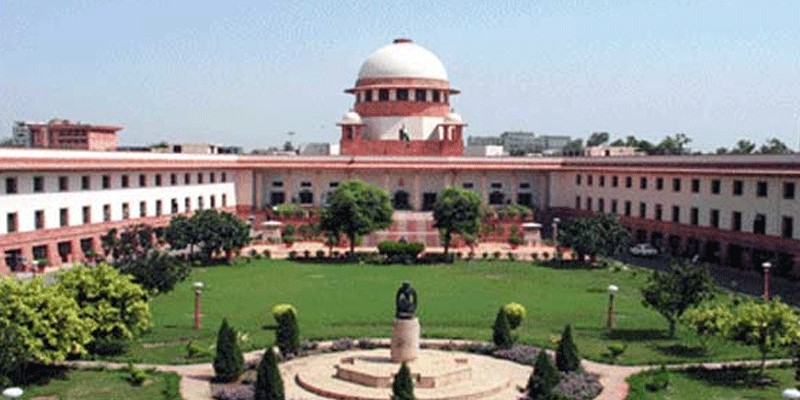
India – Government’s Efforts to Strife Cryptocurrency may be Doomed
Indian cryptocurrency enthusiasts challenge the government’s policy in a pivotal Supreme Court ruling.
Cryptocurrency has been extremely popular in India since it broke into the financial scene. In a country tormented by a rigid class system, a decentralized currency, and new and exciting investment options were everything millions of Indians were waiting for. The introduction of cryptocurrency has led to an Indian crypto-currency craze, with over 5 million Indians investing in cryptocurrency through dozens of exchanges and trading platforms.

This boom was brought to a halt on April 2018, when the Reserve Bank of India (RBI), India’s central bank, ordered all Indian banks and financial institutions to stop dealing with anyone involved in cryptocurrencies, leading many of the exchanges and trading platforms to close shop. Now, as the long-running case is approaching its final stages in the Indian Supreme Court. The Supreme Court has ordered RBI to explain its rationale in detail before they issue their final ruling in the case, expected to be released in the upcoming weeks.
The government on the other hand is trying to double down on its fight against cryptocurrency. A government committee has recently suggested cryptocurrency will be banned altogether in India, with a mandatory prison sentence of up to 10 years for any individual who will have cryptocurrency in their possession. This extreme measure – most G20 countries accept cryptocurrency as the new player in town and seek to regulate it – putting India in the same group of countries like Saudi Arabia and China who are seeking to abolish the trade in cryptocurrencies. The government committee noted “with serious concern mushrooming of cryptocurrencies almost invariably issues abroad” fearing that it will leave many Indian investors vulnerable to fraud.
The opposition to the government’s efforts deem it unconstitutional and question its compatibility with Modi’s regimes efforts to increase investment in the technology sectors in an attempt to make India a technological giant with a particular focus being placed on an attempt to digitise the economy. The legal team challenging RBI rejects the notion the cryptocurrency poses a threat to the Indian economy by upsetting economic powers and have, rightfully noted, that every technological change – be it electricity, cars or the internet – has caused ‘upset’ among traditional powers when it first entered the scene.
Indian cryptocurrency companies are eagerly awaiting the Supreme Court ruling. For over a year now they have struggled to remain afloat, with many losing as much as 90% of their workforce in the process. In times of government led attempts to digitise the local economy, the crackdown on the cryptocurrency sector, unparalleled to any action done in any democratic world, is extremely puzzling and may soon prove to be unconstitutional. After a long painful battle, these brutal efforts may well be doomed for failure.


